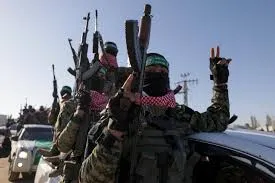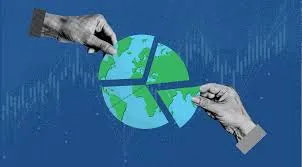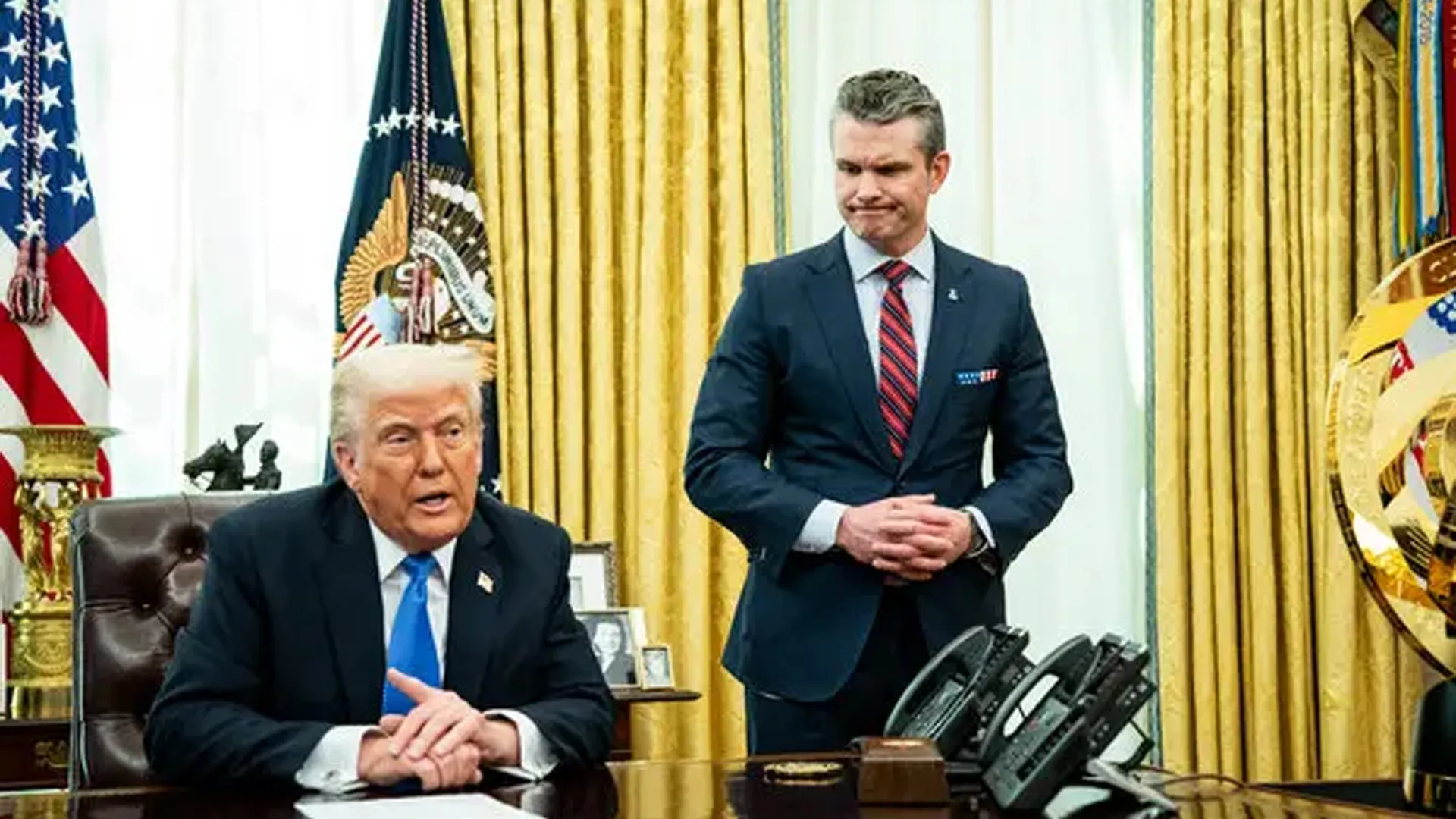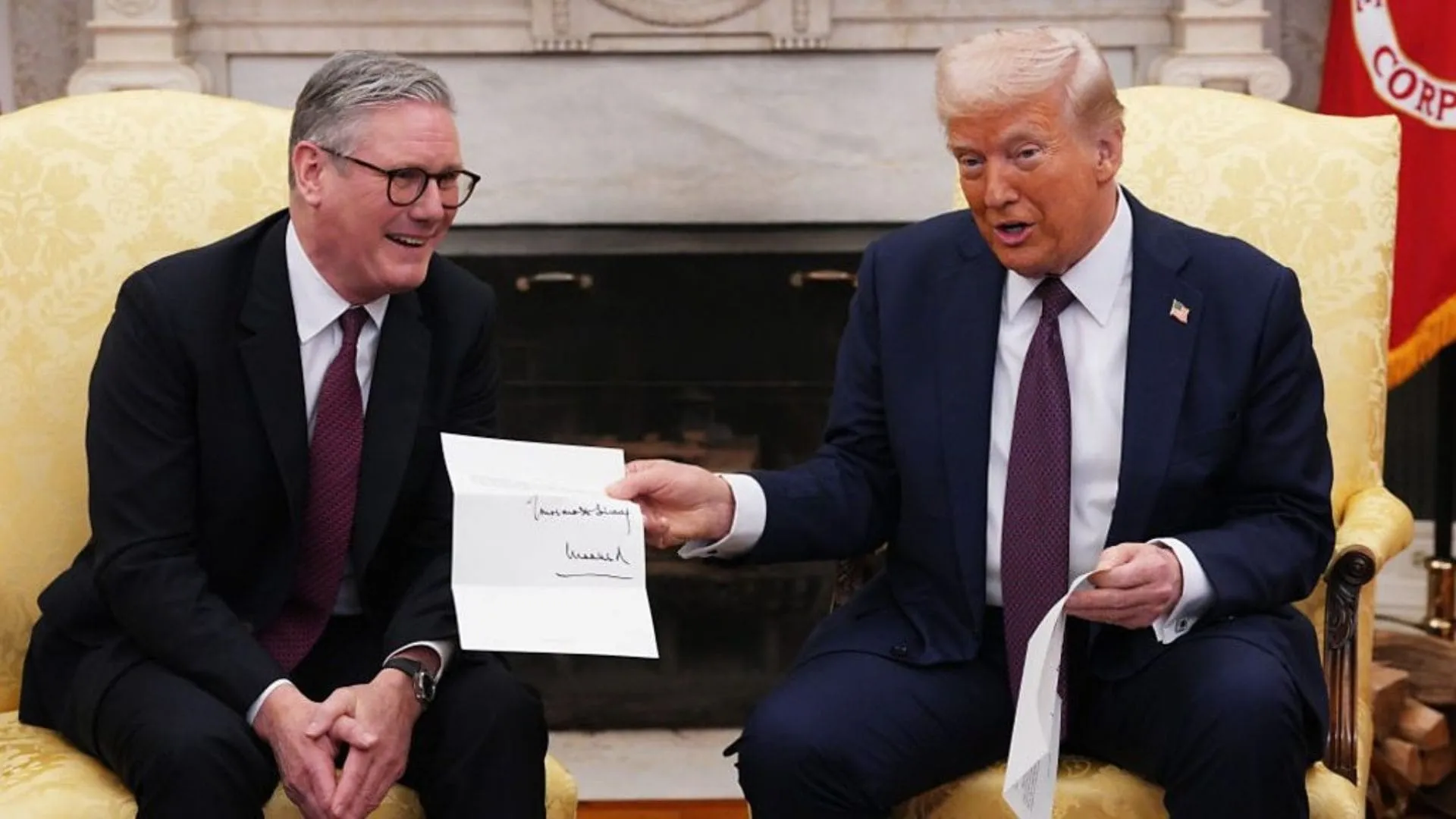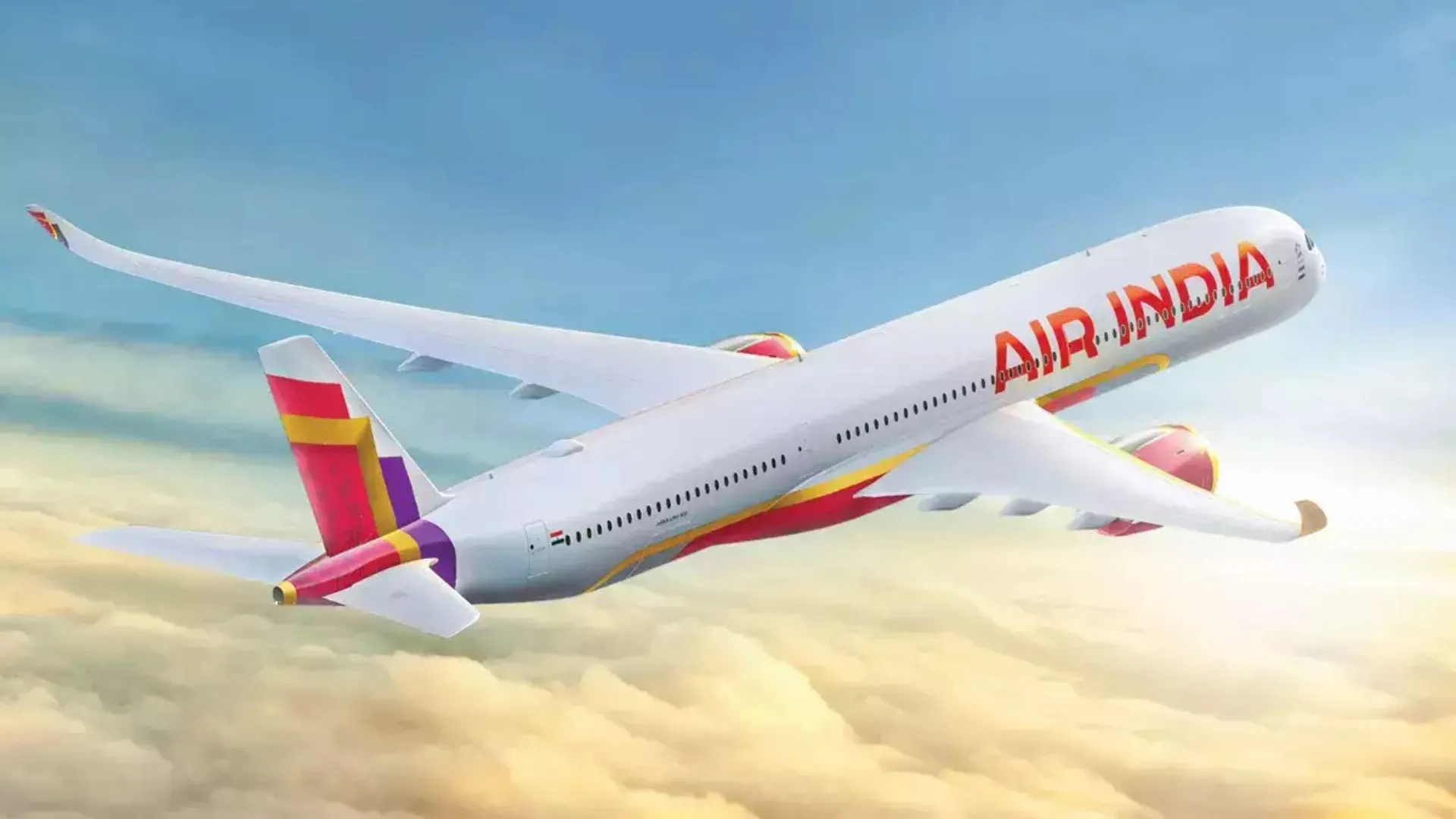Introduction
Reshaped” can be used for describing West Asia since the fall of Assad in Syria. With Hamas all but decimated, Hezbollah irreparably weakened, and Bashar al-Assad gone, the region has witnessed dramatic change. The main axis running from Iran through Syria to the Hezbollah in Lebanon has now been severed.
The two main beneficiaries of this ‘Reshaping’ are Israel and Turkey. Israel has taken advantage of the flux in Syria by occupying a small buffer zone, capturing Mount Hermon and targeting the Syrian Naval Fleet in Latakia in Syria. Further it has gained an advantage to operate more freely in Lebanon.
Turkey, meanwhile, has established Syria as its de-facto sphere of influence. The groups which it supported during the Syrian civil war have swept their way into to Damascus and now control most of the country. There is no doubt that Turkey has successfully helped Syria’s Sunni majority overthrow Syria’s minority Alawites which were backed by Shia Iran and is now no doubt wanting to restore its leadership over the region in continuation of its Ottoman legacy as an Islamic world leader.
Turkey has been a long-term supporter of the Haya’at Tahrir al-Sham (HTS) which had early links to the Islamic State, and then to Al Qaeda. Without the HTS, Turkey could not have executed its takeover of Syria, hence it is now positioned to be the most influential outside actor in the country.
Are Israel and Turkey on A Collision Course?
Following the collapse of the Assad regime in Syria, Israel which is backed by the US and Turkey which is a NATO country suddenly find themselves face to face in what could lead to a ‘collision course’ as per Yaroslav Trofimov in the Wall Street Journal. Managing this rivalry is going to be the next challenge.
While Israel can celebrate the diminished threat from Shia Iran, there are new worries about a Turkish-led group of Islamists. Relative optimism is accompanied by concern that radical Sunni Islamists maybe just as dangerous and just as committed to Israel’s destruction as Hezbollah’s Shia.
In recent days, Turkey has strongly condemned Israel’s move into the buffer zone, with Erdogan accusing Israel of “displaying its occupier mentality.” Israel countered with its own accusations against Turkey, describing it as “the last country that can speak about occupation in Syria.” Now, with Israeli and Turkish forces operating in different parts of Syria, the possibility for unintended conflict increases.
As per Barbara Slavin, of the Stimson Centre in Washington; “Israel is exploiting an opportunity to make sure the next Syrian government is essentially demilitarised and will pose no threat.”
Turkey has also been critical of Israel’s actions in Gaza it has said it would do everything in its power to hold Israeli Prime Minister Benjamin Netanyahu accountable for his actions in Gaza. Turkey has come out in support of South Africa’s genocide case against Israel at the International Court of Justice. It has suspended trade with Israel and blocked co-operation between Israel and NATO. The Turkish President has even thought about an armed intervention in Gaza. These highlight just how badly relations had deteriorated.
Israel in turn blames Turkey for allowing Hamas to use its territory as a base for directing and financing military activities, and for money-laundering. Zaher Jabareen, a senior Hamas Commander in charge of operations in the West Bank, lives in Istanbul. Israel has said that Hamas’s operations are partly financed by a network of companies based in Istanbul, some of which have been placed under sanctions by the US.
Golan Heights
Israel Prime Minister, Benjamin Netanyahu, has announced that he had approved a plan to double Israeli settlement in the occupied Golan Heights. “Strengthening the Golan Heights is strengthening the state of Israel,” said Netanyahu in a statement on 15 December, “and it is especially important at this time. We will continue to hold on to it, make it flourish and settle it.”
In response the Turkish Foreign Ministry said: “This decision is a new stage in Israel’s goal of expanding its borders through occupation. This step by Israel is a source of grave concern, taken together with Israel’s entry into the area of separation, in violation of the 1974 disengagement agreement, its advance into adjacent areas and airstrikes in Syria.”
The move would “seriously undermine” efforts to bring stability to Syria after Bashar al-Assad’s fall.”
Kurds
The “Kurdish issue”; is now going to be in the spotlight. Forces from Syria’s Kurdish ethnic minority became the US main local partner in the fight against the Islamic State in Syria, under the banner of the Syrian Democratic Forces (SDF). After the extremist group was largely defeated, the Kurdish-led forces consolidated control over towns in the Northeast, expanding an autonomous region amid the chaos, taking territory it saw as its own. But Kurdish fighters still had to contend with their longtime enemy, Turkey, which regards them linked to its Kurdish separatist insurgency.
The US also maintains a force of about 900 troops in the Kurdish-controlled oil drilling areas in the northeast and a garrison in the southeast.
With a pro Turkish government in the saddle in Syria they will be looking at the freedom to operate against the People’s Protection Units (YPG) outfit in Northeastern Syria. The YPG spearheads the US-backed Syrian Democratic Forces (SDF), and is considered by Turkey to be part of the PKK, which has fought against the Turkish state for decades. Turkish Defence Minister Yasar Guler recently told a press conference that “in the new period, the PKK/YPG terrorist organisation in Syria will be eliminated sooner or later.”
Gas Pipeline
Europe also needs gas to replace Russian gas imports. A natural gas pipeline from Qatar to Turkey, running through Syria, had been blocked by Assad in 2009, could be back on the table under the new regime. This would give European markets access to Qatari gas.
For this they need the support of Turkey hence for Europe it is imperative that the instability in Syria and tensions between Turkey and Israel are manageable.
Analysis
The departure of Assad, has fundamentally changed the dynamics of the Israeli – Turkish relationship. To begin with the shared threat perception of Iran has significantly diminished. While Israel may still pursue an aggressive stance against Iran, especially due to the possible assurance from the incoming Trump administration, but Iranian proxies’ threat to Israel stands diminished.
Similarly, while Turkish-Iranian competition will continue in Iraq and the Caucasus, the absence of Hezbollah leader Hassan Nasrallah makes these other fronts more manageable for Turkey.
Next, Erdogan’s threats against Israel, which were seen as rhetorical in the past, will now carry more weight given Turkey’s expanded influence. As it is now present on the borders of Jordan, Lebanon, and Israel, both countries are now de facto neighbors. Turkish intelligence, military, and civil operations will be active in areas controlled by Hayat Tahrir al-Sham (HTS), Turkey’s presence near Israel’s borders may emerge as new flashpoints.
Turkey and Israel now hold conflicting visions for Syria’s future. While Israel appears to favor a fragmented Syria with buffer zones to provide security against HTS and other actors. In contrast, Turkey opposes any fragmentation of Syria, fearing it could lead to the establishment of a Kurdish state under PKK influence. Even if such fragmentation does not lead to a Kurdish state, it will reduce the effect of Turkey’s victory in Syria.
Hence Turkey seeks to consolidate HTS’s control over a unified Syria, ensuring its own strategic interests are safeguarded. If HTS attempts to challenge Israeli-held territories or if Israel acts to weaken HTS, tensions could escalate. Unlike Israel’s war with Hamas and Hezbollah, Turkey is likely to be more involved in a conflict between Israel and HTS.
Lastly, Israel no longer depends on Turkey as it once did. The normalization of Israeli relations with Arab states, including Egypt, Jordan, the UAE, and potentially Saudi Arabia, has broadened its regional alliances.
But the weakening of Syria’s military will leave it vulnerable to resurgent fundamentalists with a question mark over who will keep the extremist groups in check. The question remains whether Arab nations, wary of an Islamist victory in Syria, which could reignite the Arab spring movement and Turkey’s growing regional influence remain neutral or even side with the US and Israel in case of renewed tension.
Conclusion
Turkey and Israel have emerged as the main strategic beneficiaries of the collapse of the Syrian regime, which has lead to the decline of Iranian influence in the West Asia. But now these two countries, whose relations have been strained to the breaking point since the war in Gaza began maybe on a collision course of their own, in Syria.
Both Israel and Turkey are justifying their actions in Syria on the grounds of national security, are operating largely unchecked following the collapse of Assad’s forces and his allies the Iranian-led militias and Russian troops.
Western influence in the region will now need to be filtered through these two powers. While the US will want to maintain its influence in Syria by supporting the SDF as also contain a weakened Iran. It also needs Turkish cooperation to keep a check on resurgent fundamentalism in the region.
The fact is that shaping the aftermath of the Assad regime’s by fragile agreements among Syrian factions may well be undermined and effective governance frustrated unless there is consensus amongst external players.
In this phase of political upheaval in Syria, countries in the region need to take into account the territorial integrity of Syria and it will be catastrophic if it becomes a battleground between Turkey and Israel due to their clashing interests, Unfortunately, the risks posed by deterioration of relations and regional escalation have global implications.


